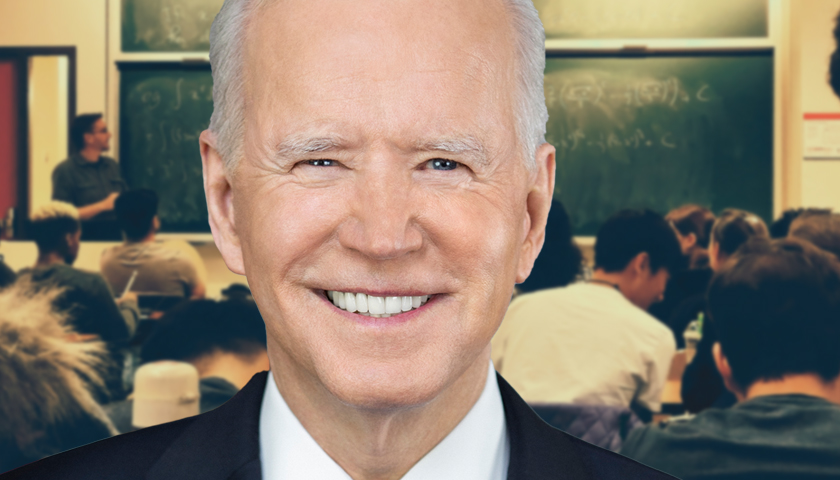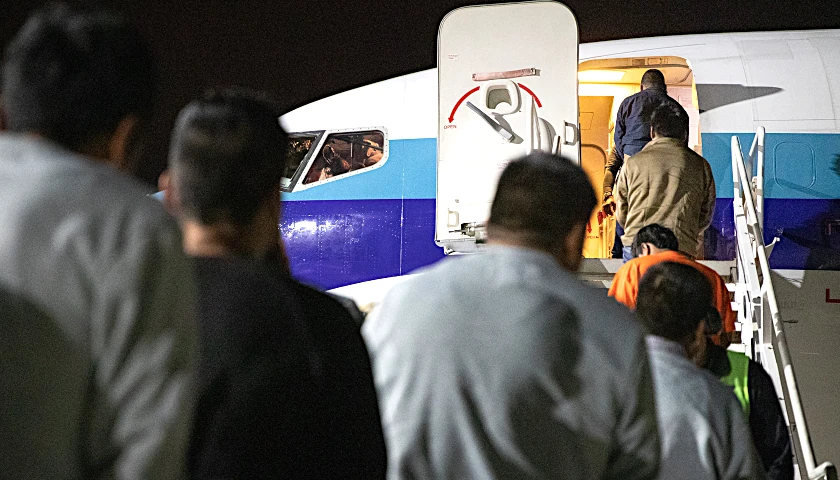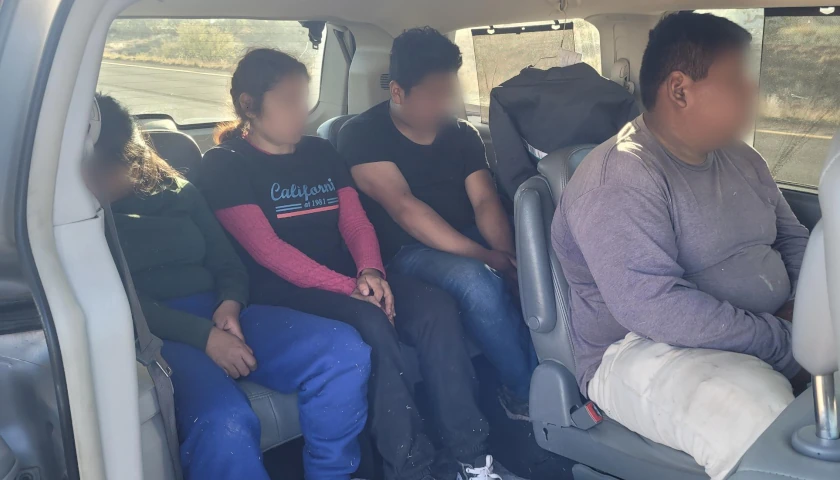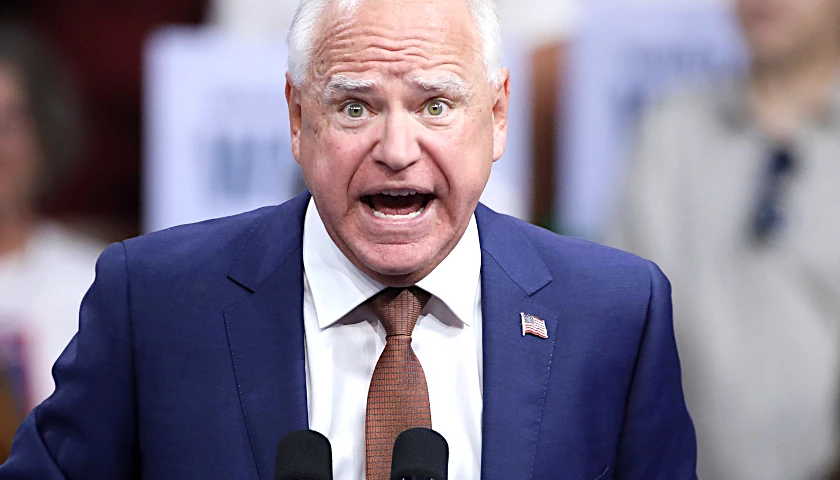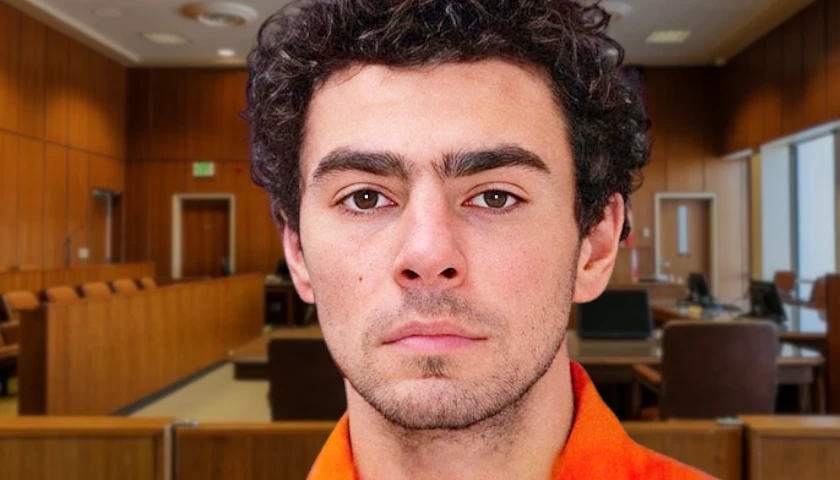by Cooper Conway
Throughout his campaign and his presidency so far, Joe Biden has focused his message on fostering unity in the country. Newsflash: it’s not working.
Despite the president’s stated goal of ending the “uncivil war that pits red against blue,” as he called it in his inaugural address, issues including health care, immigration, racial justice, and even Covid-19 continue to divide the American electorate. Ostensibly, few issues remain on which Republicans and Democrats can find common ground.
That’s where school choice should come into the picture. Recent polling suggests that school choice may be the issue where a majority of Americans see eye to eye. If Biden really wants to unify, he should pick up the mantle of choice.
In April, in a national poll of over 800 voters, the American Federation of Children recorded the highest level of support for school choice in its polling history. The poll found that such support crossed the partisan divide: 69 percent of Democrats and 75 percent of Republicans supported policies giving parents the right to use tax dollars at a public or private school best serving their children’s needs. Results showed support for school-choice policies crossed racial lines, as 73 percent of white voters, 66 percent of black voters, 68 percent of Hispanic voters, and 66 percent of Asian voters were in favor.
Strong support for school choice from Republicans is unsurprising, since competition in the education sector coincides with the free-market economic policies that Republicans have long advocated. Support among Democrat voters is more unexpected, as it contradicts the stance of many teachers’ unions and Democratic politicians – even as many of them don’t educate their own children in the public school system.
However, some Democratic politicians like Justin T. Wayne, a Nebraska state senator, are starting to back school choice. Wayne went viral last month for pointing out the obvious: families with financial means can select schools outside the public system for their children, while parents of lower socioeconomic status have no options but to send their kids to often-failing public schools. The system is unfair, and politicians like Wayne – tired of years of broken promises from politicians who swore they’d turn around local public schools – are finally recognizing that reality. They’re starting to see the appeal of funding students directly.
Some state legislatures are coming around on school choice, too. In 2021 alone, new choice programs have passed in five states, while another eleven states have expanded their programs. The creation and expansion of school choice programs is good news for all families, but especially for communities like Wayne’s that “can’t wait anymore.”
The message of school choice couldn’t be simpler: children in all communities, regardless of socioeconomic status, deserve a chance at a good education.. It’s a message both blue and red might be starting to agree on. And if he’s smart, it’s a message President Biden will take up in his quest for national unity.
– – –
Cooper Conway is a contributor at Young Voices and a Frank Church Scholar at the Boise State University Honors College, where he studies political science. Follow him @CooperConway1

